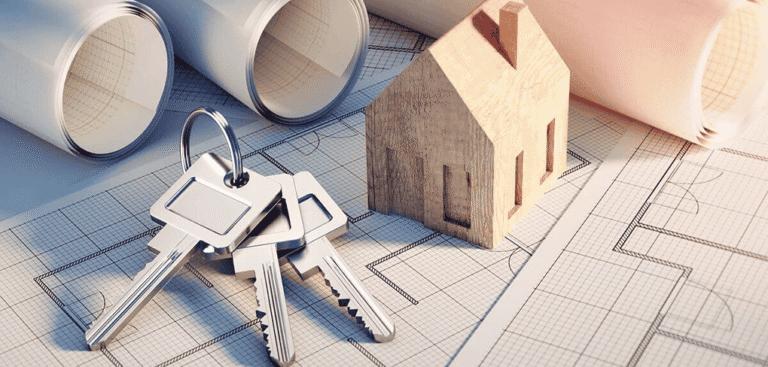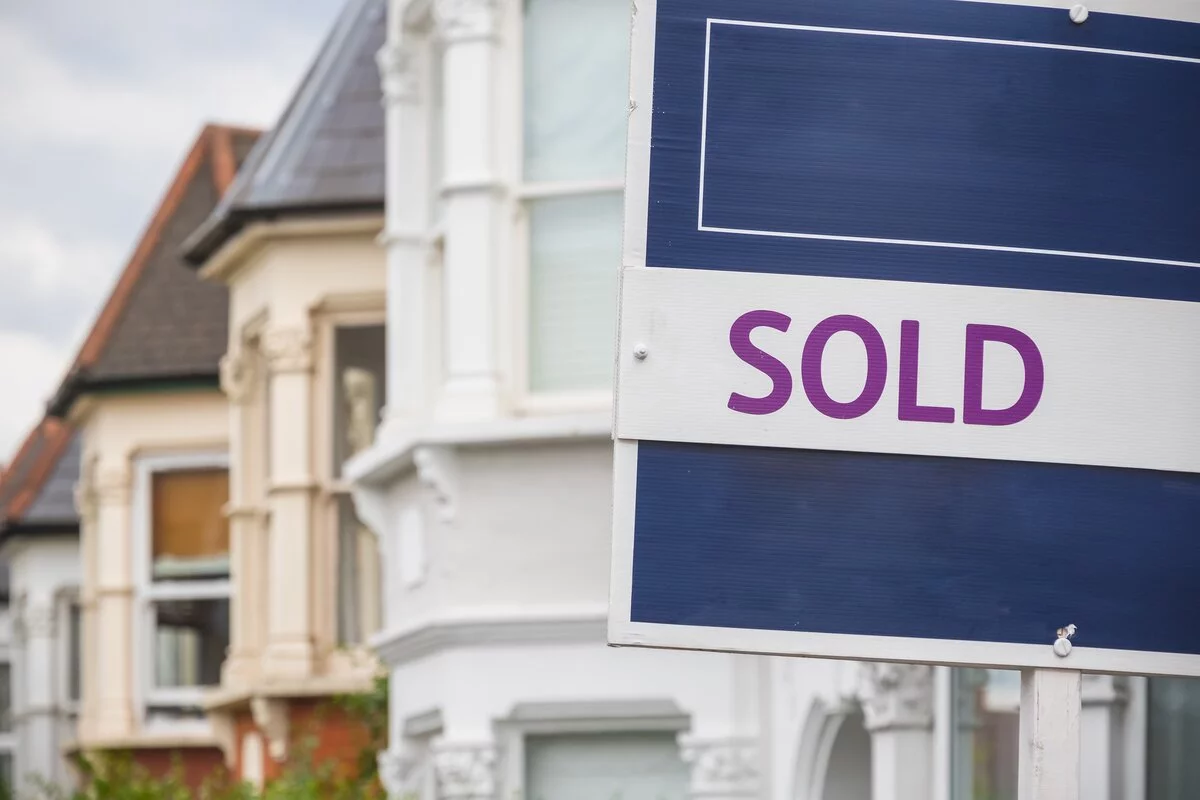There are also certain risks that you need to be aware of when you’re buying off-plan. Knowing in advance what some of these risks are, will help prepare you for the reality of buying off-plan. If you do decide to purchase an off-plan property, be sure to do your research and choose a reputable developer.
The Final Product May Not Meet Expectations
Since you’re basing your purchase on the plans for the property, there is a risk that the finished product doesn’t meet your expectations. However, there’s always a possibility that the finished product will not look exactly like the plans, and you may not be able to make any changes to the property once it is completed. This means that you’ll need to be sure that you are happy with the plans before making your purchase.
Your Completion Date Is Uncertain
On building sites, it’s not unusual that the completion date for the property may be delayed. In some cases, the completion date may be pushed back by several months or even years. This can often cause financial difficulties for buyers who have taken out a mortgage to purchase their property.
The Developer Could Go Bankrupt
There’s always the possibility that the developer could go bankrupt before the property is completed. In this case, you would lose your deposit. You may not be able to get a refund for any other fees that you have paid, such as solicitors’ fees. Conversely, if you pull out of the purchase after the contract has been signed, you may also lose your deposit.
There May Be a Covenant on the Property
When you purchase a property off-plan, there’s always the possibility that there could be a covenant on the property. This means that there may be restrictions on what you can do with the property. For example, you may not be able to make any changes to the exterior of the property.
Mortgages Can Be Difficult to Navigate
Most lenders don’t provide mortgages particularly designed for off-plan property, which can make it difficult to buy.
And, because mortgage agreements are only valid for six months, you may need to reapply if your completion date is delayed. This can be a lengthy and complicated process and you may not be successful in securing a mortgage the second time around.
Your Property May Be a Leasehold
When you purchase a property off-plan, there’s always the possibility that your property will be leasehold. This means that you’ll not own the property outright and will own the leasehold for a limited period. The length of the leasehold will depend on the development, but it’s usually between 99 and 125 years.
When the leasehold expires, the property will revert to the freeholder. This means that you may not be able to pass on your property to your children or sell it on when you retire. You’ll also need to pay ground rent to the freeholder, which can be expensive.



